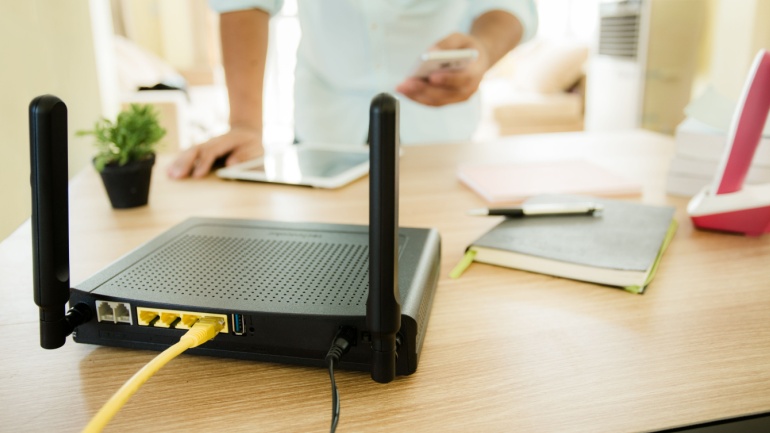The US government has taken a significant step by revoking specific licenses that allow American chip manufacturers to export goods to Huawei, the Chinese tech giant. This action will notably reduce the sales of major chip producers like Intel and Qualcomm to China.
The US Senate has made a significant leap forward with a new regulation requiring TikTok’s parent company, ByteDance, to divest from the platform or face a US ban. This move, echoed by President Biden’s support, stems from fears surrounding TikTok’s algorithm and ByteDance’s potential to share American user data with the Chinese Communist Party. However, TikTok’s CEO Shou Zi Chew vehemently denies these allegations.
The UK Competition and Markets Authority (CMA) has raised alarms regarding the possibility of a collusion among a handful of American tech giants, aiming to manipulate the AI market in their favor. The focus of their worry centers on the control exerted by these companies over the development and commercialization of foundation models (FMs), with Open AI’s GPT being a prominent example.
In a significant move, AT&T has pledged an additional $3 billion investment by the end of the decade to address the digital divide in the United States, bringing its total commitment to this cause to $5 billion. This announcement comes as part of the telco’s ongoing efforts to ensure more Americans have access to affordable high-speed internet.
Seven Chinese nationals are under legal fire, suspected of masterminding an international hacking operation. Imagined to be APT31 Group members, they have allegedly dispatched 10,000 harmful emails, targeting critics of the PRC regime and stealing trade secrets.
In the ongoing geopolitical saga between the US and China, the global supply chain and the semiconductor industry are at the forefront. Both nations’ governmental bodies are ramping up subsidies to stimulate growth in domestic manufacturing and insulate against sanctions.
The lapse of the Federal Communications Commission’s (FCC) authority to auction spectrum has reached a one-year milestone, casting a shadow over the United States’ telecommunications landscape and its position on the global stage. This standstill not only reflects the pervasive partisanship and dysfunction within the US government but also threatens the country’s innovative edge and economic competitiveness.
The US government has recently provided clarity regarding foreign equipment purchases under the Broadband Equity, Access and Deployment (BEAD) programme. The emphasis is on minimizing exceptions to ‘buy American’ rules, particularly reflected in the fibre-optic sector. Notwithstanding, one significant provision allows sourcing glass used in fibre optics from overseas. This comes as a relief for firms worried about supply sufficiency and costs. The spotlight of foreign vendors, meanwhile, is potentially electronics, with proposed exemptions including most semiconductors.
The US Department of Justice has accused two people it believes to be Chinese state agents of paying an FBI double agent to get information about the Huawei probe. The two individuals are accused of attempting to influence a US government employee who they thought was a cooperator to disclose sensitive information regarding the Justice Department’s investigation, including details about prospective witnesses, trial evidence, and additional charges that may be brought. According to the Justice Department, one of the defendants paid nearly $61,000 in digital currency for the data. However, the individual they attempted to bribe was an FBI double agent. The double agent gave the Chinese operatives certain documents that seemed to contain some of the material they were looking for, but the documents were created by the Justice Department and did not disclose factual meetings or trial tactics. Although the department has filed arrest warrants…
Samsung Electronics has completed an agreement to acquire network services provider TeleWorld Solutions (TWS). Headquartered in Chantilly, Virginia, TWS provides network design, testing and optimization services to mobile service and cable operators, equipment OEMs and other companies in the United States. This acquisition is expected to help Samsung address the need for end-to-end support in delivering network solutions aimed at upgrading the 5G and 4G LTE networks, and providing connectivity service advancements in the US. Paul Kyungwhoon Cheun, Executive Vice President and Head of Networks Business at Samsung Electronics, said, “The acquisition of TWS will enable us to meet mobile carriers’ growing needs for improving their 4G and 5G networks, and eventually create new opportunities to enhance our service capabilities to our customers. Samsung will continue to drive innovation in communications technology, while providing optimization services for network deployments that accelerate US 5G network expansion.” Under the agreement,…













